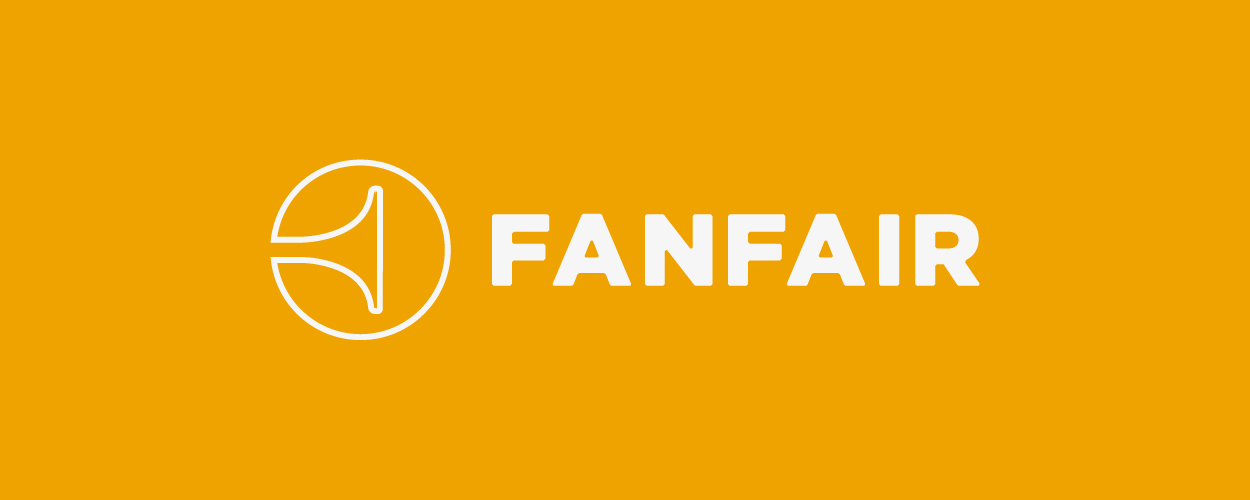This website uses cookies so that we can provide you with the best user experience possible. Cookie information is stored in your browser and performs functions such as recognising you when you return to our website and helping our team to understand which sections of the website you find most interesting and useful.
Business News Live Business Top Stories
Anti-touting campaign FanFair launches new guidelines for artists and managers
By Chris Cooke | Published on Tuesday 17 September 2019

Anti-touting campaign FanFair has published new guidelines for artists and managers who want to help take on what the organisation calls “exploitative secondary ticketing”. It includes the advice that artists and managers – and the agents and promoters they work with on shows – should ensure that two clear statements in particular are made upfront whenever they are promoting tickets via official channels and primary ticketing sites.
FanFair, of course, has led the music community’s campaign against rampant online touting where tickets are routinely sold at a significant mark-up. Alongside political and consumer rights campaigners, they have persuaded Parliament and government to better regulate the UK ticket resale market, both by introducing new rules and enforcing existing laws.
Concerns remain about certain tactics employed by ticket touts and the resale platforms they utilise. However, even rogue operator Viagogo is a more transparent operation in the UK than elsewhere in the world. That’s due to consumer rights rules and efforts made by the Competition & Markets Authority to enforce them.
That said, alongside its new guidance, FanFair notes a recent YouGov poll where, of the gig-goers surveyed, 79% agreed with the statement that “too many tickets end up on resale sites for inflated prices”. And 67% said that “artists should do more to prevent tickets for their gigs being sold at an inflated price by ticket resellers”.
As the industry-led part of the anti-touting movement, FanFair has spent as much time trying to educate and support the music community as it has pressuring government and others to enforce the rules.
It’s with that remit in mind that the group has now published the new guidelines. Because, while some artists – especially bigger name acts with sell-out shows – may employ full-on anti-touting tactics, there are also simpler things everyone can do.
The two things that FanFair recommends artists clearly state whenever they are promoting shows are that “tickets are for consumers only to purchase” and that “audiences are permitted to resell tickets for the price they paid or less”.
Many artists and promoters now facilitate face value resale by allying with a platform that specifically enables such a thing. Many primary ticketing sites can now handle this process directly, and there are standalone sites for the face value reselling of tickets. Assuming the artist and promoter have set up such a thing, that should also be clearly stated, FanFair says.
It adds: “While some artists will continue to employ more comprehensive anti-touting strategies, these cost-free measures aim to empower a wider range of acts to prevent exploitation of their audiences while promoting fairer ticket resale practices”.
Of course, as the industry experiments with different approaches to tackling the touts, there are learning curves, and sometimes efforts to protect consumers can also annoy consumers, or at least some of them.
There was some criticism of Ed Sheeran’s UK promoter Kilimanjaro recently for not allowing fans who try to resell tickets through endorsed channels to do so at less than face value. That policy meant that, where shows hadn’t sold out, fans would usually opt to buy from the primary agent, even though some other fans might have been willing to resell a ticket at below face value in order to recoup some of their outlay.
The promoter, which has been particularly prolific in battling online touting, said: “Whilst we understand the frustration of someone who is unable to resell and wants to drop the price accordingly to give themselves a better chance of recouping some of their money, unfortunately this throws up more questions than answers”.
Kilimanjaro’s main argument was that it didn’t want other Sheeran fans to suddenly see tickets available through official channels at cheaper prices than they originally paid.
Which may be a legitimate concern, though the norm on the face value resale sites is that a reseller can undercut the face value of a ticket to secure a sale – hence the suggested statement from FanFair to that effect.
Those more proactively trying to fight the touts will continue to experiment, no doubt, sometimes with some unintended negative outcomes too. But campaigners agree that whatever tactics are employed, the more transparent everyone can be – and that includes the Viagogos of this world – the better.
Commenting on the new guidelines, FanFair Campaign Manager Adam Webb says: “The message from audiences remains pretty clear and consistent. They’re still sick of exploitative online ticket touts, and they expect artists, event organisers and venues to do something about it. And here’s the good news: they can”.
He goes on: “The UK is now leading the way in the fightback against unscrupulous secondary ticketing practices. Artists have been empowered to take action. There’s a number of strategies they can pursue, but the no-cost recommendations in this guidance are open to all. As well as disrupting the practices of dedicated touts, our aim is that they will help promote a fairer and more transparent ticketing market”.
The new guidelines are available here.





